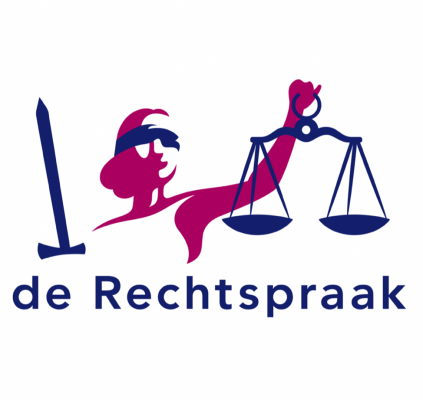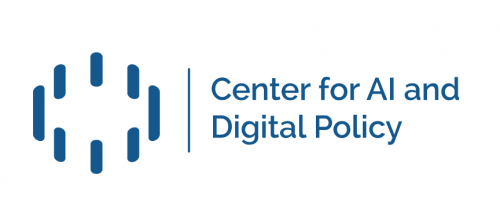An Italian court has determined that an algorithm to evaluate employee performance violates labor laws. The case concerned the ranking algorithm of the food delivery service Deliveroo. The judge ruled that the algorithm unfairly assessed absent workers noting that it failed to take account of permissible reasons for absence. The court ordered the company to pay a fine and legal costs and to post the judgment.
In a statement, the General Confederation of Labor, Italy’s largest trade union, called the Bologna court ruling “an epochal turning point for trade union rights and freedoms in the digital world.” There are other related challenges to algorithmic-based employment decisions in the gig economy, including a case brought in the UK against Uber. There also proposals to mandate greater transparency about algorithmic decision-making in the Digital Services Act of the European Commission.
TechCrunch reported that the move in Italy “to enable oversight and accountability of platforms’ algorithms comes in response to concerns about a lack of transparency and the potential for automated decisions to scale bias, discrimination and exploitation.”
In the Predictions for 2021, the CAIDP team anticipated that efforts to promote algorithmic transparency would be among the top AI policy issues to watch in 2021. The CAIDP report Artificial Intelligence and Democratic Values noted several court cases in 2020 concerning the transparency of automated decision-making. And European Commission President Ursula von der Leyen, in remarks to the Michael Dukakis Institute on December 12, 2020, said “We just cannot leave decisions, which have a huge impact on our democracies, to systems, which are a black box for us. There must be at least transparency on how the algorithm works.”
Marc Rotenberg, Director
Center for AI and Digital Policy at Michael Dukakis Institute
The Center for AI and Digital Policy, founded in 2020, advises governments on technology policy











